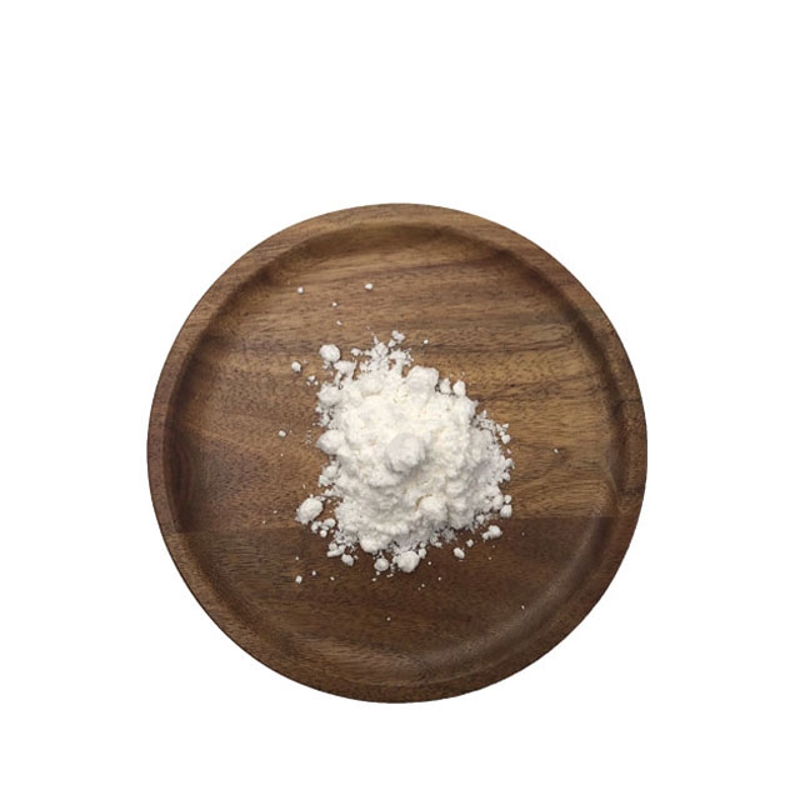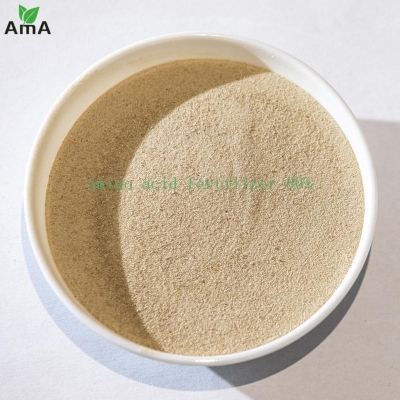-
Categories
-
Pharmaceutical Intermediates
-
Active Pharmaceutical Ingredients
-
Food Additives
- Industrial Coatings
- Agrochemicals
- Dyes and Pigments
- Surfactant
- Flavors and Fragrances
- Chemical Reagents
- Catalyst and Auxiliary
- Natural Products
- Inorganic Chemistry
-
Organic Chemistry
-
Biochemical Engineering
- Analytical Chemistry
- Cosmetic Ingredient
-
Pharmaceutical Intermediates
Promotion
ECHEMI Mall
Wholesale
Weekly Price
Exhibition
News
-
Trade Service
On August 17th, local time, Gilead and Tango Therapeutics announced an expanded strategic partnership to identify, develop and commercialize innovative immunologic escape-targeting therapies for cancer patients, with candidate products worth up to $6 billion.
under the terms of the partnership, Gilead will make an advance payment of $125m to Tango and a $20m equity investment in the latter.
In this seven-year partnership, Gilead will have the right to select up to 15 projects, each with a choice of join, extension and milestone payments of up to $410 million, and Tango will be eligible for double-digit product sharing in net sales.
for products that Tango chooses to jointly develop and promote, the parties will split profits and losses and development costs in the United States equally, and Tango will be eligible for milestone payments and sharing for sales outside the United States.
with regard to products, Gilead will be entitled to a global interest in these targeted projects and will be able to participate in early clinical development, and Tango will have the right to jointly develop and promote leading products for five projects in the United States.
October 2018, the two companies reached a strategic partnership of up to $1.7 billion, including business milestone payments.
this partnership replaces the agreement signed in 2018.
. William A. Lee, executive vice president of research at Gilead, said, "Since the initial agreement was signed two years ago, we have been very pleased with the productivity of our collaboration and the quality of the scientific discoveries that come with it.
look forward to continuing to work with Tango on additional cancer background-related screening to identify broader targets based on our immuno-oncology strategy.
since Daniel O'Day joined Gilead in March 2019, most of Gilead's cancer collaborations have been in a similar process: a substantial advance payment, including options of all sizes.
but the deal is slightly different, based on two years of co-operation between the two companies and is still in preclinical stages.
for Gilead, the deal represents a significant but low-risk investment in a relatively unique platform that can be combined with other I/O drugs that O'Day has invested billions of dollars in.
because existing studies have shown that immunosuppressive drugs work best clinically, almost only in combined with checkpoint inhibitors.
Tango is a U.S.-based biotech company dedicated to providing the next generation of targeted therapies for cancer patients.
the company used a method from patient to patient, using synthetic lethal genetic principles to develop treatments for cancer-driven genes.
Tango focuses on three core areas: fighting tumor suppression gene loss, reversing cancer cells' ability to evade the immune system, and identifying new combinations that are more effective than a single drug treatment.
Tango is working on pipeline sources: In 2017, Tango introduced a new technology called CRISPR knock-out screening, which involves using CRISPR to systematically knock out genes in different animals and cell lines to determine which cancer cells are needed for survival.
leading figures in cancer research, including 2019 Nobel Laureate William Kaelin and AstraZenecom's head of oncology research and development, Jose Baselga, have seen the potential of the technology in three main areas: synthetic lethality, hidden cancer genes and immuno-oncology.
techniques for using CRISPR to knock out genes in cell line are now common, Tango wanted to find out which genes in cancer cells keep them out of the immune system.
to do this, they needed to build mouse models with both a functional immune system and tumors, and then run CRISPR screening in mice, a rarer, even unheard of, technique.
unlike some checkpoint therapies Gilead has invested in in the past, or for tumor micro-environments, Tango's project relies on finding the gene strategies it can use to hide the tumor itself.
Tango has been building dedicated projects to complement Gilead's existing products, such as the innovative CD47 targeted drug acquired from the acquisition of Forty Seven in 2019.
it is understood that this collaboration has so far produced two preclinical candidates, one in tango's development pipeline "hit-to-lead" and one in the leading optimization phase.
at the same time, Tango is about to announce the fastest-growing candidate for this year's development, which will be a synthetic lethal killer drug targeting the genes needed for cancer cells to survive (but not most healthy cells), with IND expected to be available by the end of 2021.
.







